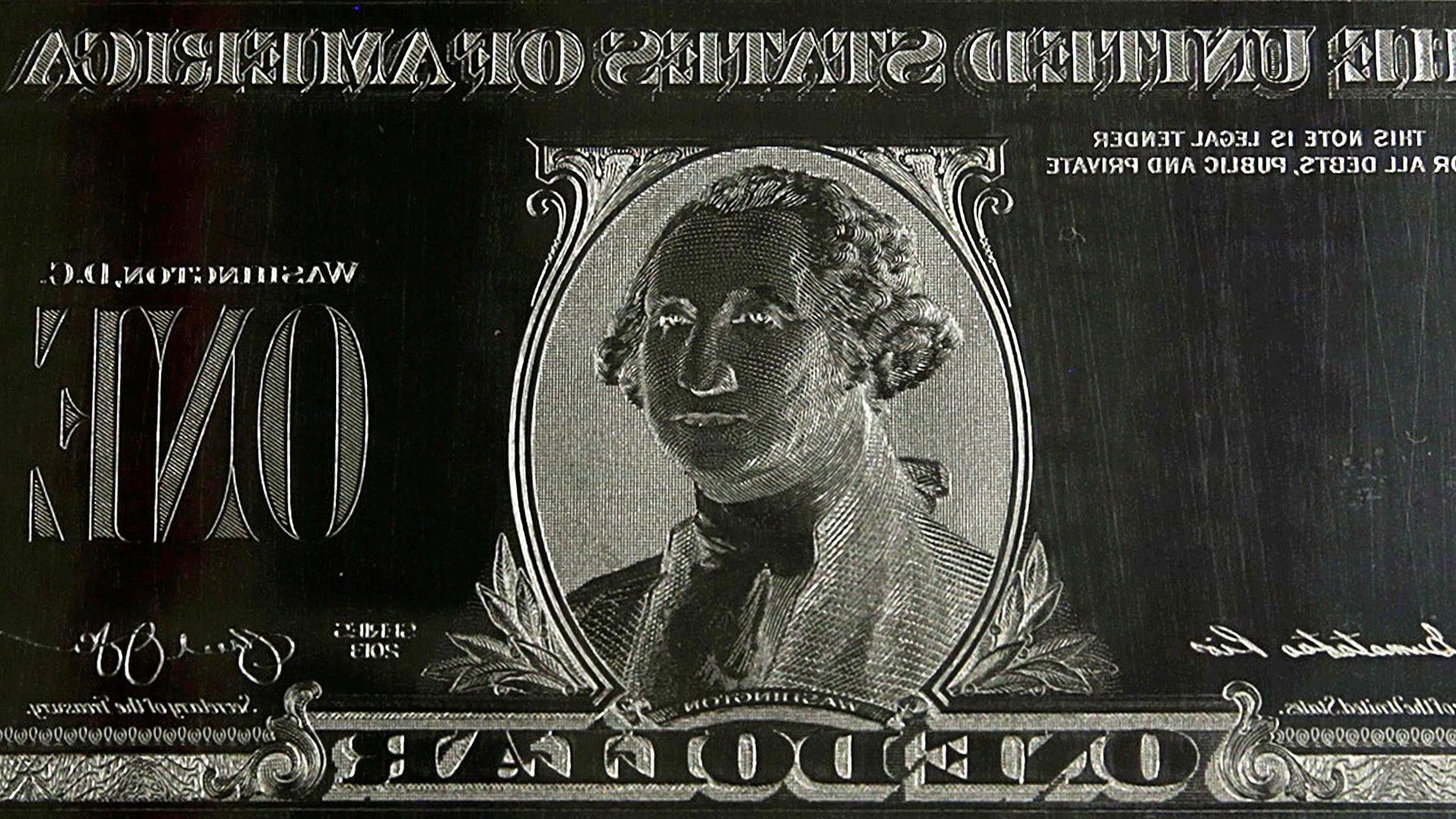The US dollar is decimating world currencies. Here's how other countries are responding.
Countries with debt in US dollars will suffer the most.

Americans traveling outside the US will find that they are about 14% richer than they were at the beginning of the year.
That’s because the dollar has risen that much against some of the world’s most traded currencies.
In the face of tightening global financial conditions—led by the US Federal Reserve—most investors are pouring into short term Treasuries, pushing up the price of the dollar relative to other currencies. Raising rates also mean investors can get a higher return if they park their money in US assets. That has pushed the dollar up to a 20-year high.
So every time Fed chair Jerome Powell stands up to the podium to announce the central bank’s next interest rate decision, he is upping the cost of borrowing for the whole world.
“Fed rate hikes causing the dollar to skyrocket should be half of the questions to Jay at the next presser,” wrote former Fed economist Claudia Sahm on Twitter. “The US is spending billions of dollars to support the war effort Ukraine, while our monetary policy is crushing Europe and emerging markets.”
How countries are fighting back
The stronger dollar has prompted more rate hikes around the world as central bankers try to increase the value of their own currencies. Over the past few months, several countries have been increasing the pace of their hikes, with rates in some places now exceeding 10%.
But raising rates in parts of the world where currencies are being devalued also raises recession risks. “The Fed...can probably get away with raising rates,” said David Beckworth, an economist at the Mercatus Center at George Mason University. The US economy is relatively stable, given the strong labor market. But other economies, including the euro zone, don’t have that cushion.
Emerging economies with big dollar-denominated debt balances have been particularly hard hit. A couple weeks ago, Argentina put a ban on 31 imports that it deemed nonessential, including yachts and whiskey. Because of the fall of Nigeria’s local currency, the naira, food prices have driven inflation in Africa’s largest economy to nearly 20% on a yearly basis. After defaulting on its foreign debt in May, Sri Lanka’s repayment costs continue to soar.
“If I’m in Thailand, and I’m earning Thai bahts, I have to convert that currency into dollars to pay off my dollar debt,” Beckworth said. “And if the dollar is going up, then I have to earn more of my local currency to pay off my debt.”